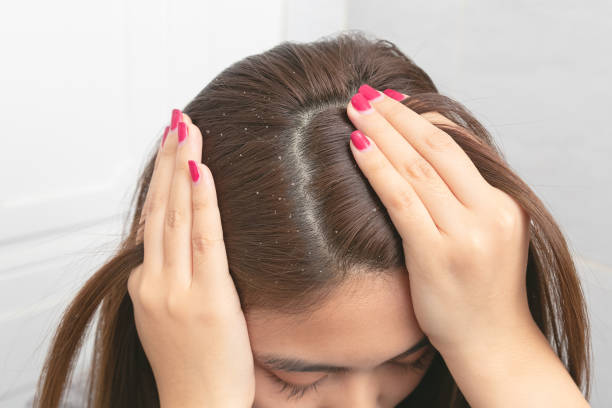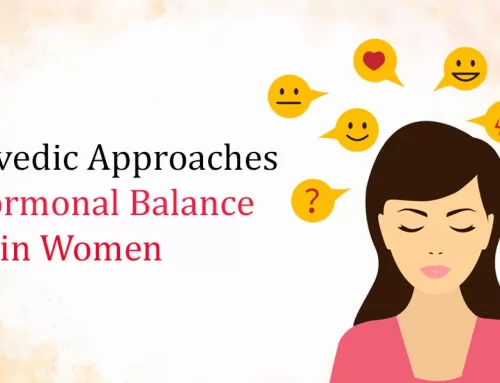Do you find skin flakes on your clothes every time you change? Is your scalp itchy all the time? Then dandruff is the condition you’re suffering from. Dandruff is one of the most common conditions among adults. In this, the skin on the scalp starts to flake. It is not a contagious or a life-threatening disease but it causes irritation and patchiness on the scalp.
The question is what causes dandruff? What is its treatment? How can one easily get rid of it? Dandruff treatment can be done once we know the reason for dandruff on your scalp. Experts say that oily skin is one of the prominent reasons for dandruff. Dry skin and conditions like psoriasis and eczema could be other reasons for it. If you are allergic or sensitive to certain hair care products you might acquire dandruff.
Almost anyone can have dandruff, but certain factors can make you more susceptible. Dandruff usually begins in young adulthood and continues through middle age. That doesn’t mean older adults don’t get dandruff. For some people, the problem can be lifelong. Dandruff is more prevalent in males than in females. Parkinson’s disease and other diseases that affect the nervous system also seem to increase the risk of dandruff. So does having HIV or a weakened immune system.
What causes dandruff? What is its treatment? These questions are the most relevant ones when one thinks of treating your acne, itching and flaking of dandruff can almost always be controlled. For mild dandruff, first, try regular cleansing with a gentle shampoo to reduce oil and skin cell build-up. If that doesn’t help, try a medicated dandruff shampoo. Some people can tolerate using a medicated shampoo two to three times a week, with regular shampooing on other days if needed. People with drier hair would benefit from less frequent shampooing and a moisturizing conditioner for the hair or scalp.
Yash Birla says hair and scalp products, both medicated and non-medicated, are available as solutions, foams, gels, sprays, ointments and oils. You may need to try more than one product to find the routine that works for you. And you’ll likely need repeated or long-term treatment. If you develop itching or stinging from any product, stop using it. If you develop an allergic reaction — such as a rash, hives or difficulty breathing — seek immediate medical attention. Dandruff shampoos are classified according to the medication they contain. Some are available in stronger formulations by prescription.
Apart from the usage of medical shampoo, some lifestyle changes can help you get rid of dandruff. Learn to manage stress. Stress affects your overall health, making you susceptible to several conditions and diseases. It can even help trigger dandruff or worsen existing symptoms. Eat a healthy diet. Yash Birla says a diet that provides enough zinc, B vitamins and certain types of fats may help prevent dandruff.
Develop a hair and scalp care routine that suits you. If you tend to have an oily scalp, daily shampooing may help prevent dandruff. Gently massage your scalp to loosen flakes. Rinse thoroughly. If your hair tends to be dry and your scalp is sensitive, shampoo less frequently and condition your scalp between washings.
Yash Birla says get a little sun.
Sunlight may be good for controlling dandruff. But because exposure to ultraviolet light damages your skin and increases your risk of skin cancer, don’t sunbathe. Instead, just spend a little time outdoors. And be sure to wear sunscreen on your face and body. Limit hair-styling products. Hair-styling products can build up on your hair and scalp, making them oilier.








Leave A Comment